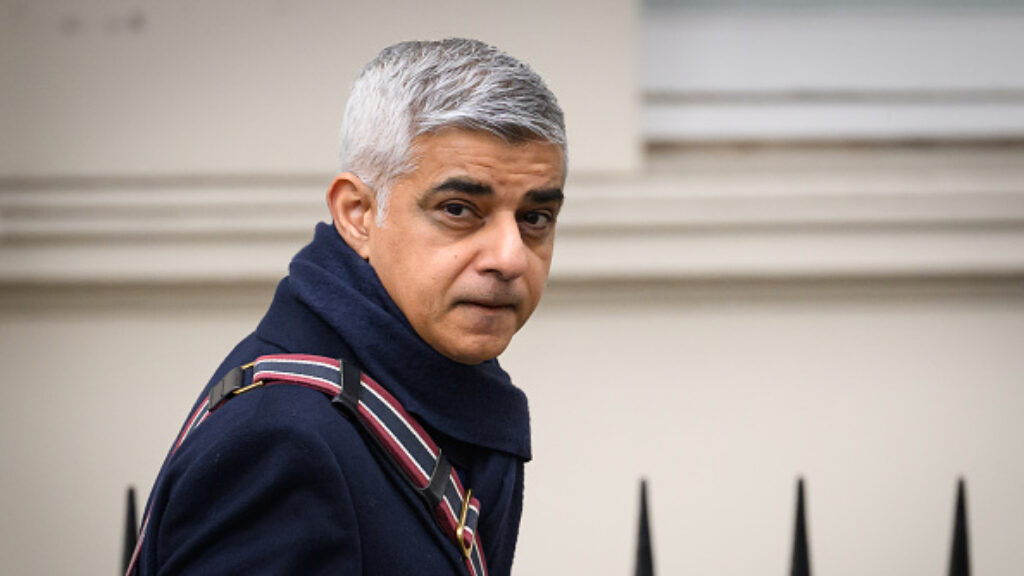A fake AI audio clip falsely attributed views to London’s Mayor Sadiq Khan, raising concerns about its impact on the upcoming mayoral election.
“I control the Met police. They will do as the Mayor of London tells them and obey orders”, says a replica of Sadiq Khan’s voice in a fake audio clip.
The clip also appears to urge the British public to focus on the Palestinian march instead of Armistice Day.
“What’s happening in Gaza is much bigger than Remembrance weekend and it’s current.”
Following the release of the clip, The Mayor expressed his disapproval of the misleading audio.
“We almost had serious disorder.”
“People should be able to criticise me. But I think what you shouldn’t do is use AI to manufacture lies.”
The effect on the public
The audio quickly spread to far-right groups, causing an increase in hateful comments against the mayor on social media.
This comes in an already tense political landscape, as the city prepares to vote in the upcoming mayoral election, which is expected in May. The emergence of this clip may impact Sadiq Khan, who is running in the election.
This deepfake video, shared by the far-right on social media, was a clear attempt to sow hatred and division ahead of Remembrance Day.
We can’t overstate the grave danger this new technology poses to our politics and democratic freedoms. https://t.co/9TiL30Gfmc
— Sadiq Khan (@SadiqKhan) February 14, 2024
Despite the discovery that the clip was fake, some users on X, formerly known as Twitter, expressed their belief that this is still a true reflection of Sadiq Khan’s views.
One X user – @ChristineEasda1 – stated, “The fact so many people didn’t even question whether this is how Khan thinks tells you everything.”
The future effect of AI technology on politics
Given the potency of the deepfake audio’s influence on public opinion, it is possible that this will be continue to be a serious consideration in the future political landscape.
Dr Peter J. Bentley, an AI expert and Honorary Professor in the Department of Computer Science at University College London, told City News that AI, if used incorrectly, can lead to potential dangers down the road.
“We now have the technology to enable almost anyone to generate photorealistic images, video, and convincing audio of anyone doing almost anything. The dangers should be clear: we cannot we sure that what we see or hear is real. The potential for misinformation is very high.”
When asked about his opinion on how this type of content may affect political outcomes in particular, he expressed that this could be used as a force for evil.
“Social media platforms are now attempting to mark content produced by AIs, but it will not always be possible to get this right. So we have a danger that AI can help people create fake messaging, fake images, and manipulate populations, disrupting democracy.”
However, Dr Bentley says that despite the potential dangers of AI deepfake technology, it is not entirely to blame. Rather, it simply reflects behaviour that has already been present on social media platforms.
“One could argue that AI is merely automating what people have been doing already, making nefarious behaviour easier. If you think about technologies that enable misinformation and polarization of society, it is perhaps the social media platforms that are more to blame.”
The London mayoral election
As the election for London mayor approaches in May of this year, it raises the question of how AI can be used in similar ways to manipulate public perception of the candidates. Sadiq Khan is also running for re-election.
As of now, there is currently no specific jurisdiction or criminal law concerning the use of AI and deepfake technology in the UK that would prevent something like this happening again in the future.









